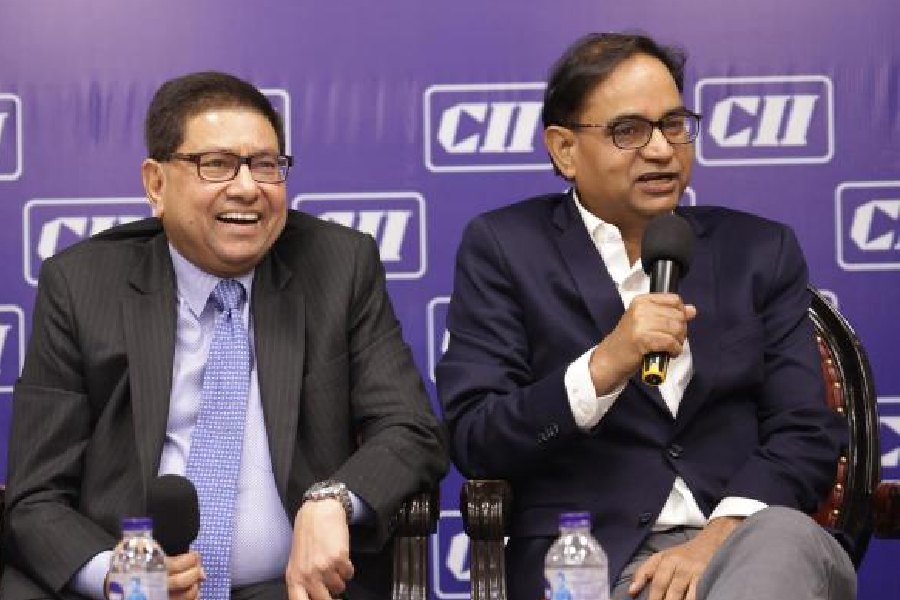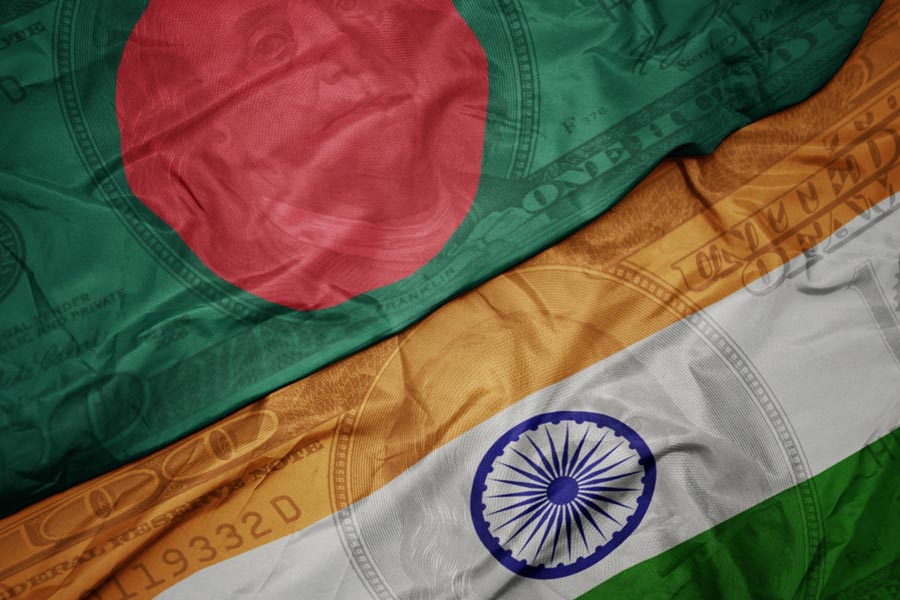The central GST authority in Calcutta is taking steps to address concerns over fake GST invoices claiming input tax credit.
Over the past one-and-a-half months, CGST Calcutta has identified instances where around 1,000 firms — mostly non-existent and shell companies — have raised fake invoices claiming GST credit of around ₹800 crore.
The tax authority is also taking steps to recover part of the amount in the coming days.
“We were focussing on this as it was bothering us. Of this ₹800 crore, part of it has gone out of Bengal, but the part which has been consumed in Bengal, we are trying to recover that. We have arrested six people in this connection,” Shrawan Kumar, chief commissioner, CGST and central excise, Calcutta, said on the sidelines of a session organised by the CII on Wednesday.
Fake invoices have been a major concern for the GST authority across the country. Typically, in such cases, a registered supplier raises a tax invoice showing an outward supply of goods or services to a registered recipient.
But in reality, there has been no actual supply of goods or services. The supplier raises his GST liability and files a tax invoice, which is then claimed by the registered recipient, who gets the benefit of the fake invoice.
Input tax credit means a registered entity can avail credit of tax already paid by the person or business behind him in the supply chain so that there is no double taxation.
In FY24, the Directorate General of Revenue Intelligence (DGGI) detected ₹21,000 crore worth of fake invoicing across the country and made 113 arrests in this regard.
The issue of fake invoicing was also highlighted by revenue secretary Sanjay Malhotra at a national conference of enforcement chiefs of state and central GST formations held in New Delhi in August.
Kumar also said that as part of the national drive, around 4,000 GST officers in Bengal are undertaking behavioural training focussed on engagement with trade and businesses.
He said the objective behind the training was officers should not treat trade as adversaries unless they are engaging in unfair practices.
Sanjay Budhia, chairman, CII National Committee on EXIM and MD, Patton International Ltd, said aligning India’s tax system with global best practices has improved the ease of doing business.
Many of the trading partners such as the European Union and Asean (Association of Southeast Asian Nations) have similar VAT-based tax structures, making it easier for Indian businesses to engage in cross-border transactions.











